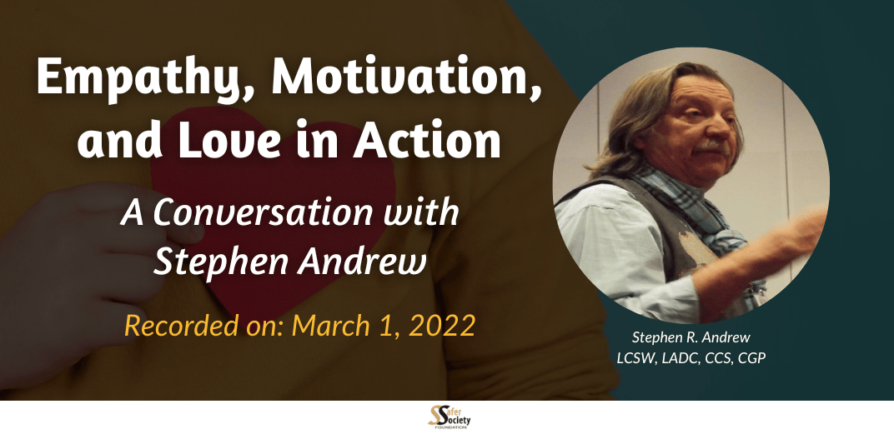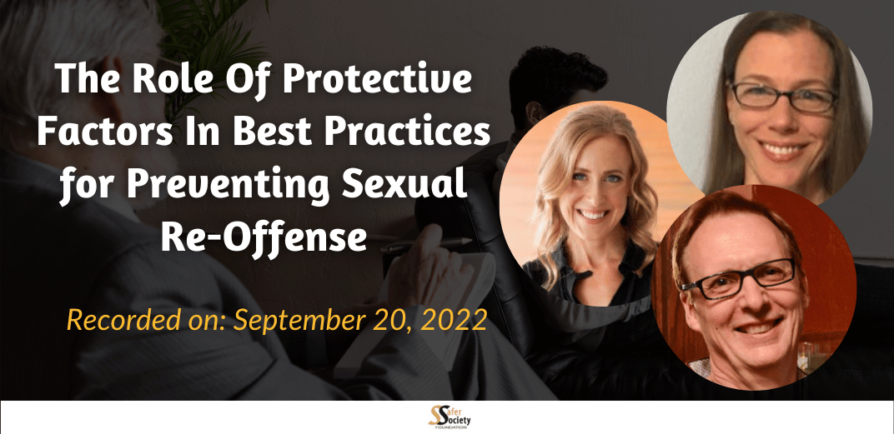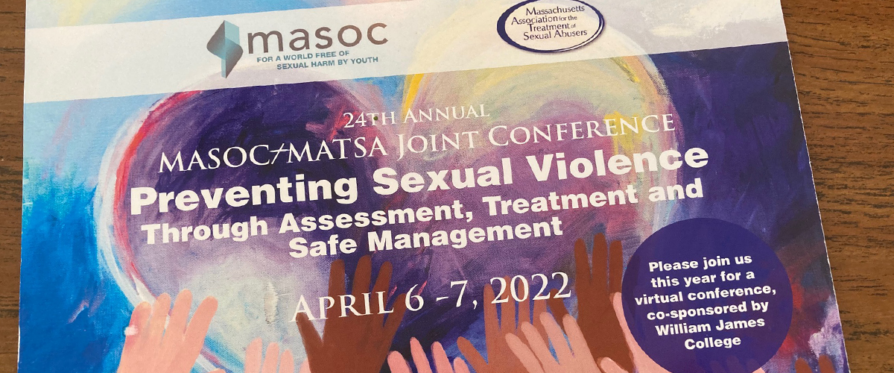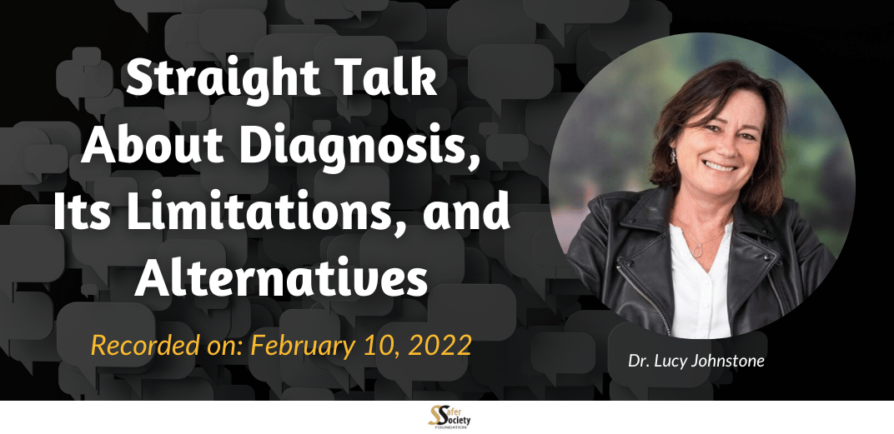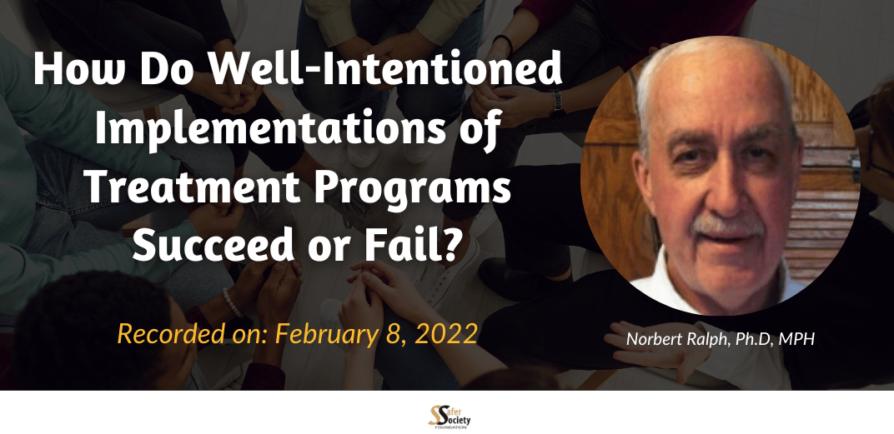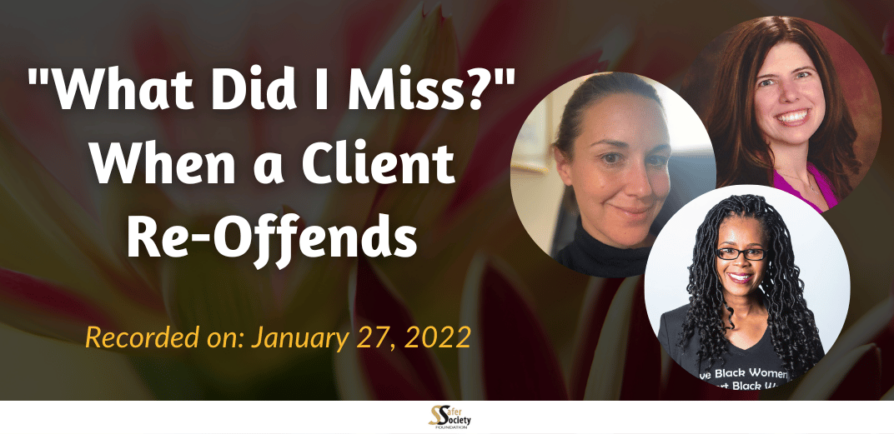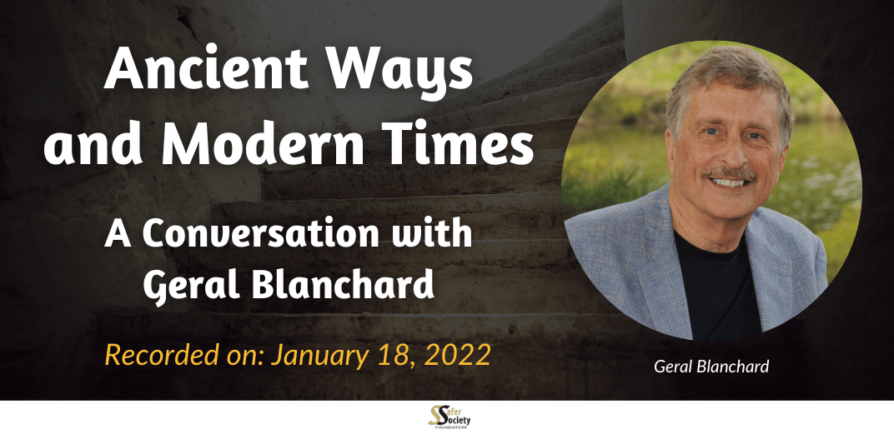This webinar conversation is for you if you want to advance your capacity to connect with clients of all backgrounds. Stephen Andrew has, among other activities, spent decades working with men who perpetrate violence. Far from growing cynical or jaded, he has delved ever further into helping others to become their best selves. His practice focuses on deep empathy, compassion, and love, as well as the role of trust in the lives of people who have mistreated others.
The Role Of Protective Factors In Best Practices For Preventing Sexual Re-Offense: A Conversation With Sharon Kelley, David Thornton, and Gwenda Willis
In this webinar, Gwen, David, and Sharon talk about the journey leading to the development of the Structured Assessment of Protective Factors against Sexual Offending (SAPROF-SO), Version 1, and why they believe best practices should include consideration of both risk factors and strengths-based, protective factors.
Upcoming Price Increase
Raising the price of our books is a last resort, something we resist as long as possible. Supply chain and labor issues have led to …
MASOC MATSA Conference 2022
Our friends and colleagues at MASOC have announced the dates for their 24th annual conference. The virtual conference will take place April 6 and 7, …
Straight Talk About Diagnosis, Its Limitations, and Alternatives: A Conversation with Lucy Johnstone
In this webinar, Dr. Johnstone discusses the role of power in people’s lives, the threats posed by the misuse of power, and how individuals respond to these threats. Essential to this process are the answers to these core questions:
What has happened to you? (How is Power operating in your life?)
How did it affect you? (What kind of Threats does this pose?)
What sense did you make of it? (What is the Meaning of these situations and experiences to you?)
What did you have to do to survive? (What kinds of Threat Response are you using?)
How Do Well-Intentioned Implementations of Treatment Programs Succeed or Fail?
This webinar conversation focuses on Norbert Ralph’s experiences implementing Aggression Replacement Training and his Being a Pro curriculum in multiple settings. It also offers observations from a recent paper on implementing the Good Lives Model and other efforts with Motivational Interviewing.
Inventory Update
With disruptions in the supply chain and delays at our primary printer, we find that we are dealing with more temporary backorders than usual. Consequently, we want to update you on some of our books that are currently or will soon be unavailable in the short term:
“What Did I Miss?” When a Client Re-Offends
Drawing on case examples, this webinar conversation examines re-offending from four perspectives: The clinician (Shoshanna Must), the client’s legal representatives (Laurie Rose Kepros), the administrators and programs involved (David Prescott) and considerations for when therapists or clients are Persons of Color –specifically those who come from traditionally marginalized and disproportionately incarcerated communities (Tyffani Dent). It addresses the effects of re-offense on the professionals who worked with offenders and explores ways that professionals can cope with these setbacks.
Ancient Ways and Modern Times: A Conversation with Geral Blanchard
Geral Blanchard has spent decades in practice with individuals who have abused. He has traveled to the farthest corners of the world studying how people change, recover from trauma, and build better lives. Geral has studied with healers and shamans across Africa and the Americas, most recently with the Kogi tribe in Colombia (one of only a very few guests they have ever invited). While many are familiar with his classic books, such as The Difficult Connection and Transcending Trauma, Geral’s more recent work has built on what he has learned from indigenous cultures and the recent empirical study of the use of psychoactive drugs in the treatment of trauma and addictions.
Sex, Tech, and Teens: A Conversation with Alex Rodrigues
Internet technological advancement, while an invaluable societal resource, is not without hazards. Teens now face challenges that were unimaginable 10 years ago: unsolicited sexual messages, revenge porn, “incels” (individuals who consider themselves to be ‘involuntarily celibate’), sexploitation, online domestic violence, and doxing (the distribution of personal information against that person’s will). Online technology is unavoidable, but the risks associated with it can be minimized. That’s the message Dr. Rodrigues will bring to this informal webinar conversation.
